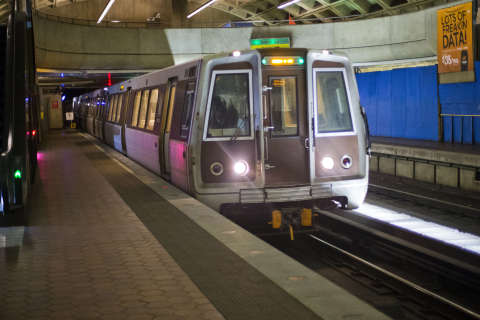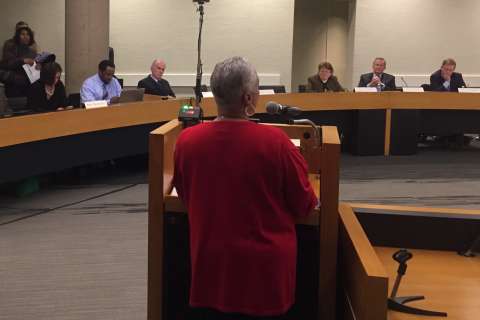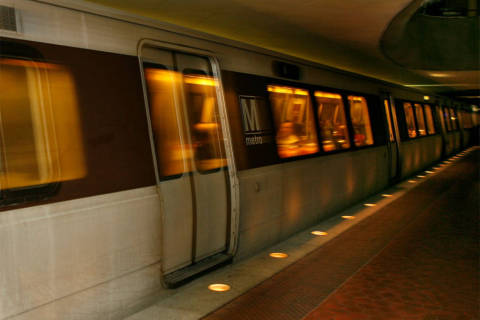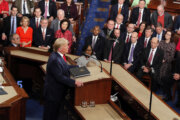WASHINGTON — Even before details of Metro’s plans to raise fares while cutting scheduled service this summer are finalized, Metro could have to institute other cuts to address a potential budget shortfall largely tied to significantly declining ridership.
“Clearly, because of our declining ridership, we will have some fiscal pressures on the ’17 budget, the budget we’re in now,” Metro Board Chairman Jack Evans said.
As chair of the D.C. Council Finance Committee, Evans said that while local jurisdictions are not yet being called on to contribute more to cover a budget gap for the fiscal year ending in July, the District could if it needed to. Maryland and Virginia would pay a share too, in that case.
General Manager Paul Wiedefeld said a number of options are being considered.
“There is some issues that we’ll be detailing … and, again, it’s driven by some of the revenue sides not performing as well as we had projected,” Wiedefeld said.
The overly rosy ridership projections were put together before 24/7 track work was announced, which has apparently accelerated an ongoing decline in daily ridership.
Wiedefeld would not detail the options on the table for the budget year ending in June ahead of a quarterly financial update expected within two weeks.
“We will manage it just like we manage the budget all the time, but we need to make sure that the board’s aware of it and some of the options that we have to take care of it,” he said.
Metro has cut costs to match budget declines in the past.
Wiedefeld has already ordered reductions in management spending and has eliminated hundreds of positions over the past year (a significant number of which were vacant).
“It gets tougher and tougher as the pantry gets bare of the tools that we can bring to bear, but, you know, we will do what we have to do,” Wiedefeld said.
Potential options that could have a smaller impact on riders than the service changes planned this summer include more cuts or some kind of temporary hiring freeze.







